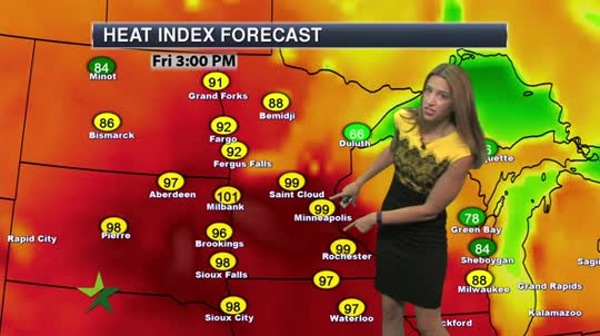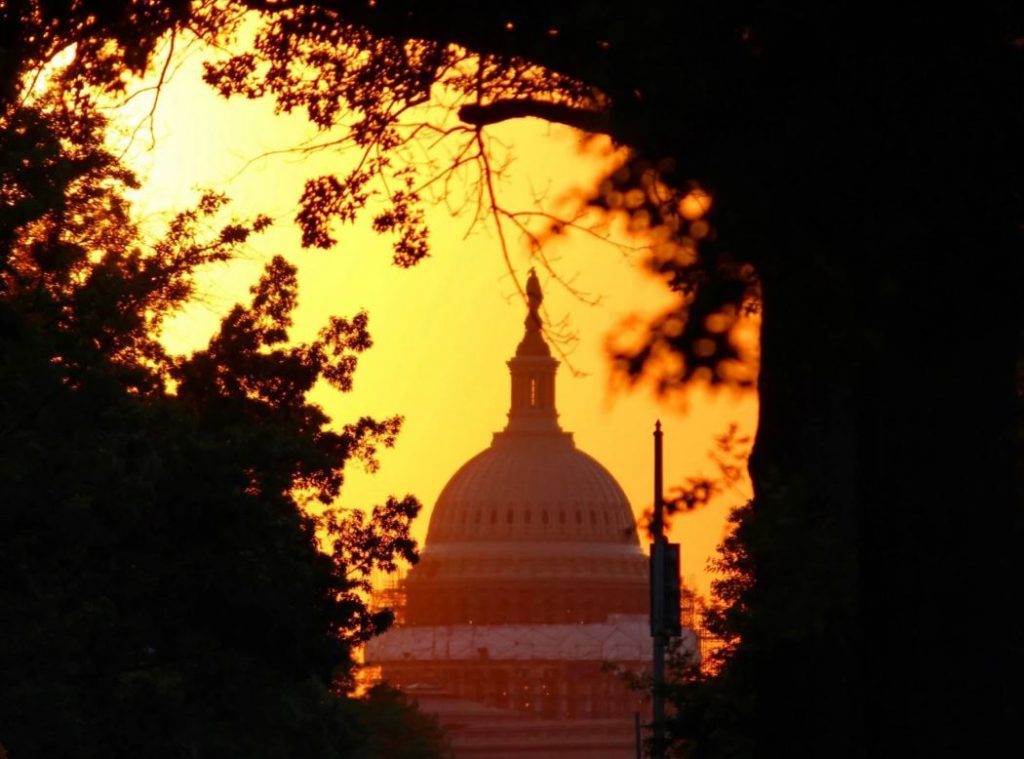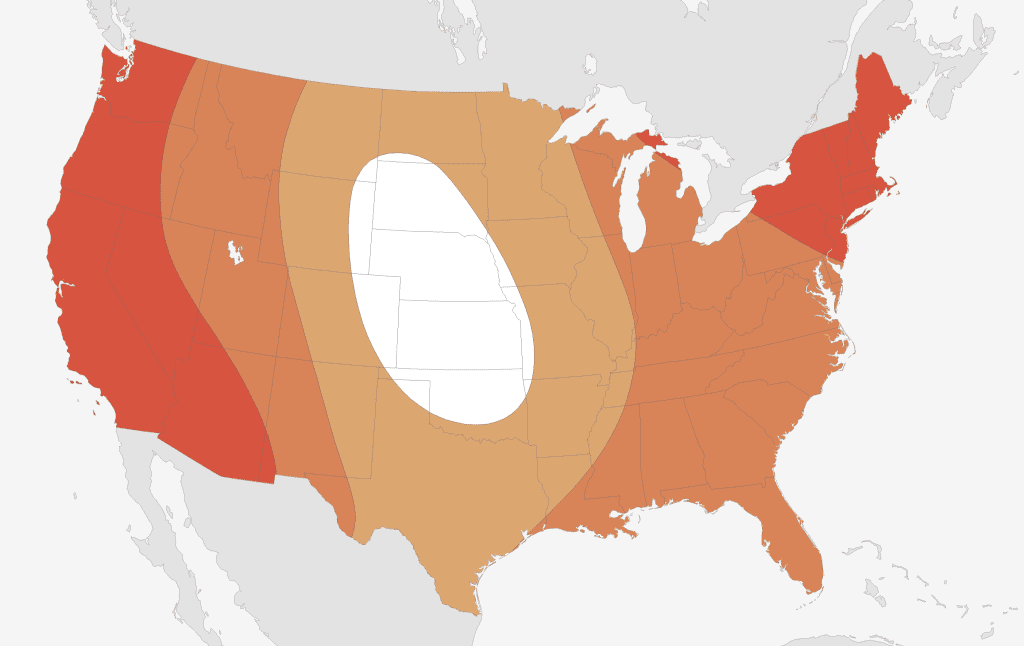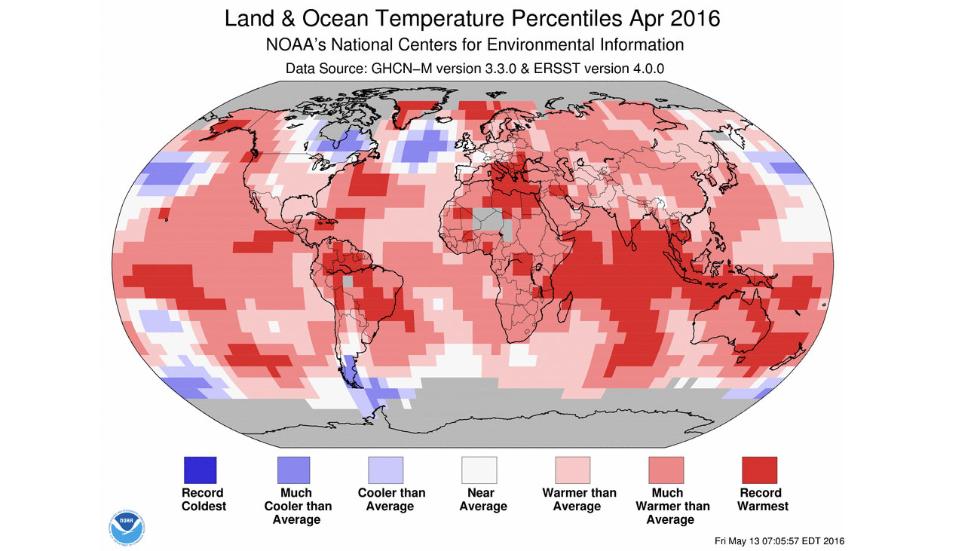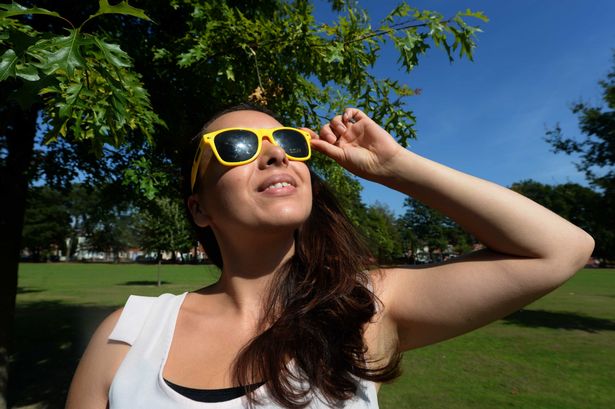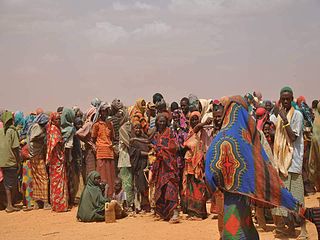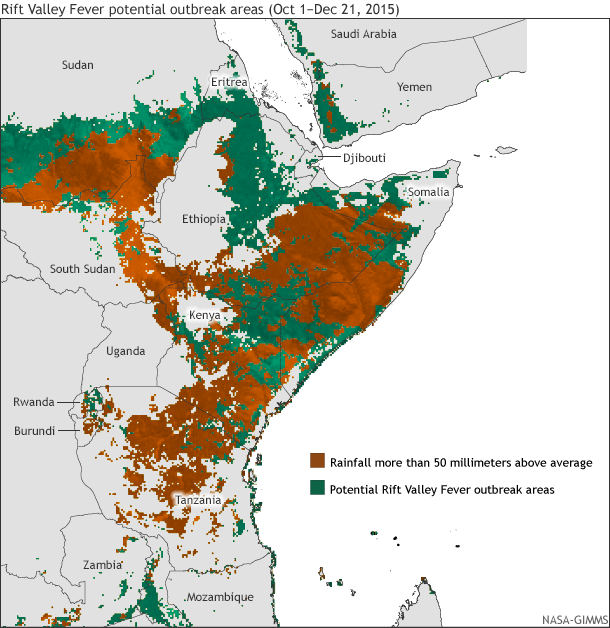NWS Issues Heat Advisories in Minnesota, South Dakota, Nebraska, and Iowa
Minnesotans are being encouraged to drink lots of fluids and stay in air-conditioned buildings to escape heat that will have thermometers registering temperatures in the mid to upper-90s in the Twin Cities and across much of southern and southwestern Minnesota. That combined with high humidity levels will make it feel like it’s 100 degrees or warmer, the National Weather Service said.
NWS Issues Heat Advisories in Minnesota, South Dakota, Nebraska, and Iowa Read More »


